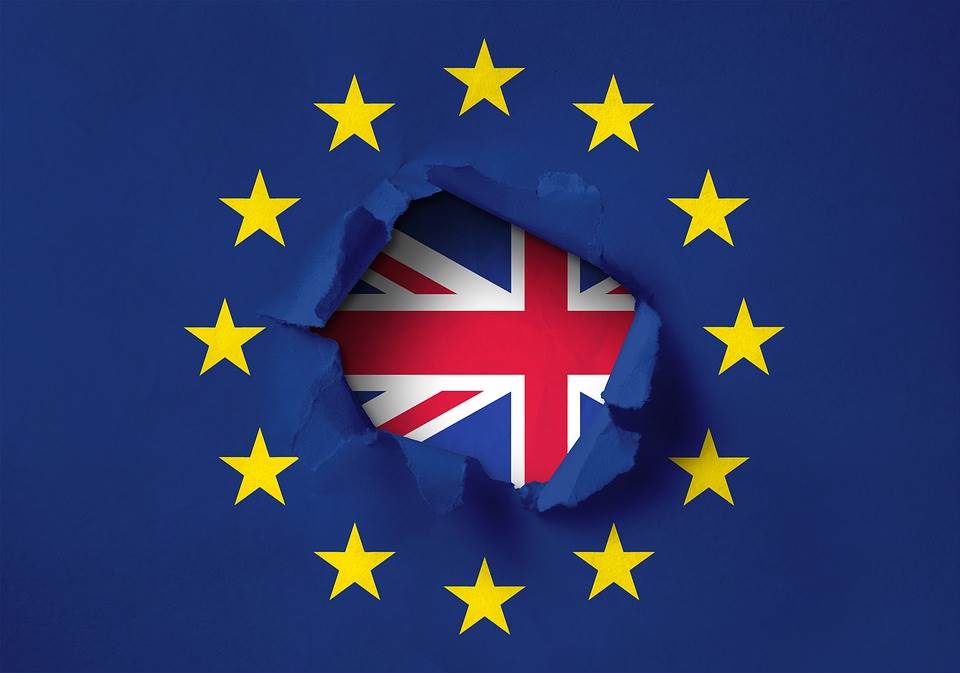 The United Kingdom Prime Minister Boris Johnson said that the upcoming general election, which is set to happen on December 12, will be "tough" and that he and his party is going to do the best they can.
The United Kingdom Prime Minister Boris Johnson said that the upcoming general election, which is set to happen on December 12, will be "tough" and that he and his party is going to do the best they can.
"It'll be a tough election and we are going to do the best we can," told Johnson the conservative party's MPs.
The British parliament approved the election bill on Tuesday and will go through the House of Lords, the British opposition's leader Jeremy Corbyn called this event a "once-in-a-generation" opportunity to transform the United Kingdom.
The MPs approved the bill 438 to 20, an overwhelming majority. The parliament is dissolving on November 6, followed by a 5-week political campaign, according to the House of Commons leader Jacob Rees-Mogg.
According to a recent poll, 36 percent of the British voters will elect the conservative party on the next elections, a clear advantage in front of labor's 23 percent.
Brexit will shrink the British Economy
Boris Johnson's Brexit deal will cost around 4 percent of the value of the British economy, about £70bn, according to data released by the National Institute of Economic and Social Research (NIESR). In the report, they compare a scenario where the UK would leave the European Union with Boris Johnson's deal and the scenario where it would remain in the economic union.
The report highlights that contrary to what the pro-Brexit camp claims about the supposed advantages of leaving the customs union, leaving the UE would imply a smaller economy and continued uncertainty instead, even if the UK is successful in getting approved its proposed free-trade deal.
“Brexit has already had a lasting impact on the economy. We don’t think that should the government’s new proposed deal be ratified, that there would be a boost to the economy. We don’t expect there to be a deal dividend at all,” said Arno Hantzsche, the NIESR chief economist.
Besides warning against this scenario, the report claims that due to the uncertainty associated with the Brexit, the UK economy is now 2.5 percent smaller than it would be otherwise. If Johnson's deal is approved on the parliament, that would release the tension and would encourage a higher level of business investment, however, it would imply higher trade barriers between the UK economy to the rest of the Eurozone and it would affect labor mobility and labor productivity.
“The UK economy will continue to suffer what we’re terming a slow puncture. Not pop, not a bang. But a slow puncture, as the investment, is deferred in the face of uncertainty,” said the director of NIESR Jagjit Chadha.
The NIESR also claimed that Johnson's deal is slightly worse than Theresa May's.
By 10:21 GMT the pound sterling went up by 0.16 percent against the US dollar, at 1.2886. Conversely, it rose against the Japanese Yen by 0.17 percent, hitting the 140.31 level while it remained almost steady against the Swiss franc, losing 0.02 percent, at 1.2782.
